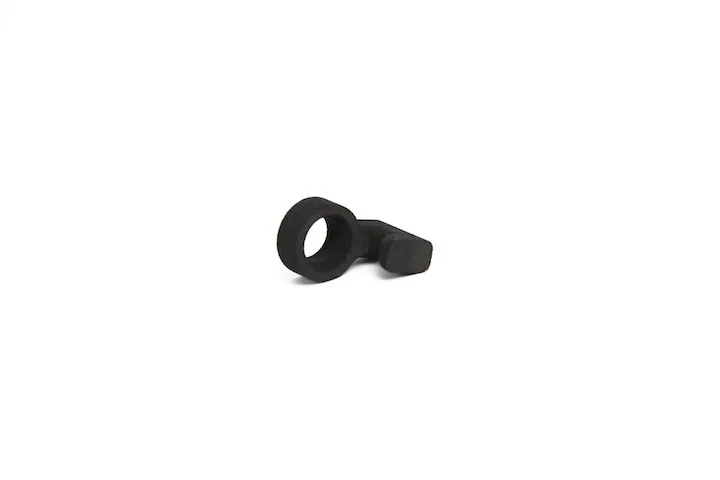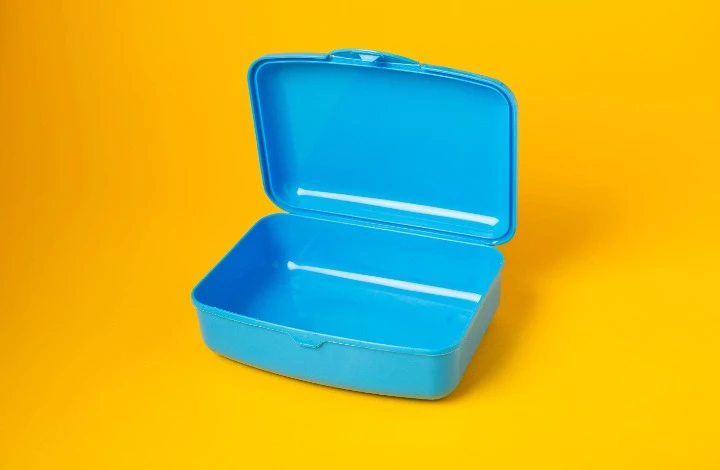TPU (Thermoplastic Polyurethane) with a Shore hardness of 88A (often referred to as TPU88A) is a flexible and rubber-like material commonly used in 3D printing. It offers excellent elasticity, durability, and resistance to abrasion, making it suitable for a variety of applications that require flexibility and impact resistance. Some common applications of TPU88A in 3D printing include:
Footwear: TPU88A is widely used for producing insoles, shoe soles, and other flexible components of footwear due to its comfort, shock absorption, and ability to withstand repeated flexing.
Gaskets and Seals: The flexibility and resilience of TPU88A make it suitable for creating gaskets, seals, and O-rings used in various industries to prevent leaks or secure joints.
Protective Cases: TPU88A is used to create protective cases and covers for electronic devices, smartphones, tablets, and other products where impact resistance and shock absorption are important.
Flexible Housings: It can be used for producing flexible housings for electronics, wearables, and medical devices, offering protection and flexibility.
Grips and Handles: TPU88A’s non-slip properties make it ideal for creating comfortable and ergonomic grips and handles for tools, equipment, and sports gear.
Vibration Dampening: TPU88A is often used to create vibration dampening components in machinery and equipment to reduce noise and vibration during operation.
Customized Wearable Accessories: TPU88A can be used to create straps, bands, and other accessories for wearable devices like fitness trackers and smartwatches.
Medical Devices: TPU88A’s flexibility and biocompatibility make it suitable for producing components of medical devices such as patient-specific braces, splints, and cushioning.
Flexible Prototypes: TPU88A is used to create flexible functional prototypes that mimic the properties of final products, allowing for testing and validation.
Soft Robotics: TPU88A is utilized in soft robotics applications, where the material’s flexibility and stretchability are essential for creating soft and adaptable robotic components.
Fashion and Apparel: TPU88A can be used in fashion and apparel applications to create flexible accessories, jewelry, and clothing embellishments.
Toys and Games: TPU88A’s elasticity and durability make it suitable for producing flexible components of toys, games, and hobbyist models.
It’s important to note that TPU88A and similar flexible materials can have different properties based on the specific formulation and manufacturer. The material’s characteristics can affect its performance in different applications. When using TPU88A for 3D printing, it’s advisable to understand its properties, consider appropriate printing settings, and test its suitability for your specific application.









